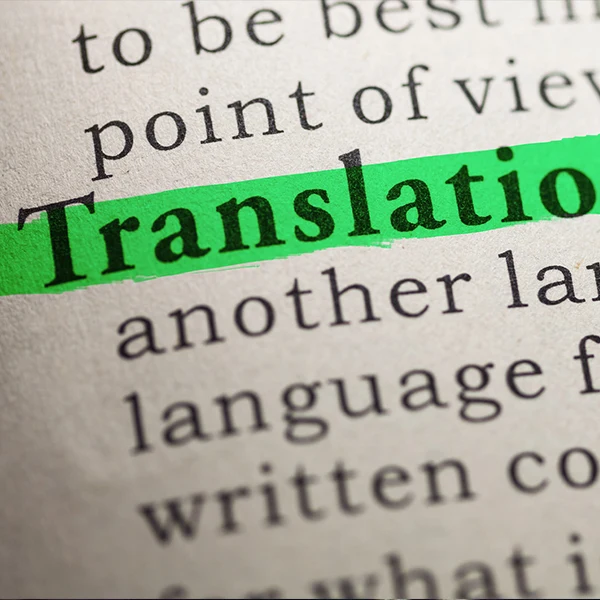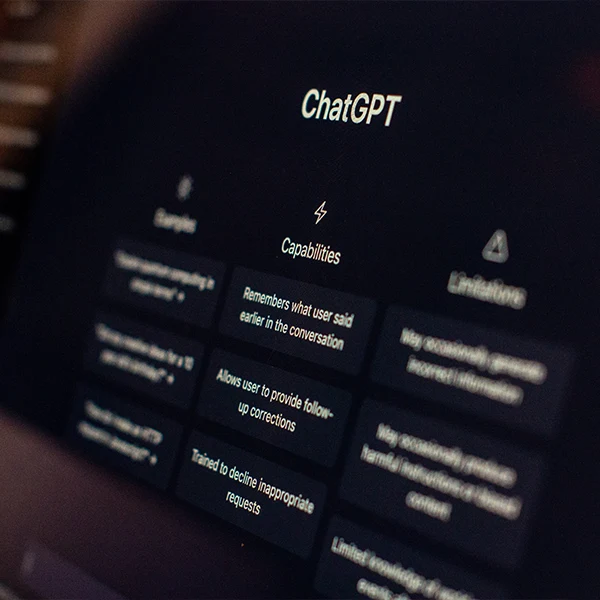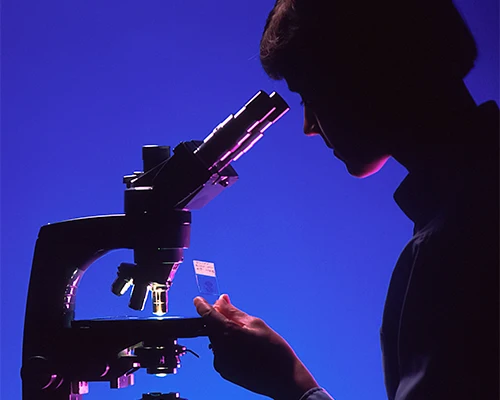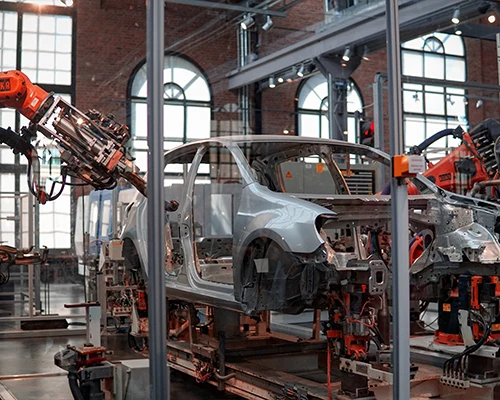Global Scriptum means faster and more accurate Automated translation
Computer-assisted translation
Electronic translation
Digital translation
AI translation
Robotic translation
Software translation
Algorithmic translation
Technological translation
Instant translation
Machine translation is the use of computer algorithms to automatically translate text between languages. It’s fast and accurate, widely used in many industries, although it still has some limitations. Despite these limitations, it’s an important tool for breaking down language barriers and connecting people globally.

Machine Translation ⬄ Automated translation
Machine Translation ⬄ Computer-assisted translation
Machine Translation ⬄ Electronic translation
Machine Translation ⬄ Digital translation
Machine Translation ⬄ Robotic translation
Machine Translation ⬄ Software translation
Machine Translation ⬄ Algorithmic translation
Machine Translation ⬄ AI translation
Machine Translation (MT) uses AI and natural language processing to automatically translate text between languages. MT is vital for global communication, allowing companies to quickly translate large volumes of text. However, human translators are still necessary for tasks that require a high level of accuracy. At Global Scriptum, we combine MT with professional translators to provide high-quality translations and effective cross-cultural communication.

Machine translation uses complex algorithms and software to analyze the structure of a sentence, identify the meaning of each word, and then produce a translation in the target language. The process involves breaking down the source text into its constituent parts, such as words and phrases, and then using linguistic models to determine the most likely translation in the target language. There are two main types of machine translation: rule-based and statistical. Rule-based translation relies on pre-programmed rules, while statistical machine translation uses statistical models to identify patterns in language data.
Although machine translation has come a long way in recent years, it still has limitations. One major challenge is the difficulty of accurately translating idioms and other expressions that don’t have a direct equivalent in the target language. Machine translation can also struggle with complex sentence structures or technical terminology. Additionally, it can be difficult for machine translation systems to accurately capture the nuances of language and the cultural context in which it is used.
Despite its limitations, machine translation has many benefits. It is much faster and more cost-effective than human translation, making it ideal for large volumes of content. It also allows businesses and individuals to communicate with people who speak different languages, opening up new markets and opportunities. Machine translation can also be used for tasks such as website localization, customer service, and internal communication.
The accuracy of machine translation can vary greatly depending on the quality of the software and the language pair being translated. It’s important to evaluate the accuracy of any machine translation system before relying on it for important communications or translations. One way to evaluate accuracy is to use a human translator to review and edit the machine-generated translation. Another option is to use machine translation quality evaluation tools, which can provide objective measures of translation quality.
To improve the accuracy of machine translation, many companies use a process called post-editing. This involves having a human translator review and edit the machine-generated translation to ensure accuracy and quality. This can help address some of the limitations of machine translation while still keeping costs low. Post-editing can be done in various ways, including light post-editing, which involves correcting only major errors, and full post-editing, which involves a complete review of the machine-generated translation.
Machine translation technology is constantly evolving, with new breakthroughs and advancements being made all the time. As the technology continues to improve, we can expect even greater accuracy and efficiency in machine translation, making it an even more valuable tool for businesses and individuals around the world. Some of the recent advancements in machine translation include the use of neural machine translation (NMT), which uses deep learning algorithms to improve translation quality, and the integration of machine translation with other technologies such as natural language processing (NLP) and speech recognition.
Industries - Sectors
Domains
Branches
Business areas
Economic spheres
Market segments
At Global Scriptum, we cater to many industries as a translation company. Our team of professional translators, who possess subject matter expertise and proficiency in the target language, strive to deliver translated content that is not only accurate but also culturally appropriate and comprehensible for the intended audience.

Why Global Scriptum is the Best Machine Translation Solution?
Global Scriptum stands out from the competition with its advanced technology and expert team of linguists and translators. Using a combination of rule-based and statistical machine translation, Global Scriptum delivers high-quality translations that are tailored to the specific needs of each client. With its fast turnaround times, competitive pricing, and dedicated support team, Global Scriptum is the best choice for businesses and individuals looking for reliable and efficient machine translation.
Global Scriptum is a leading machine translation solution that uses advanced technology and industry-specific expertise to provide accurate and efficient translations for businesses and individuals. With a focus on quality, speed, and cost-effectiveness, Global Scriptum offers a range of features and services that make it the best machine translation solution on the market.
Key Features of Global Scriptum’s Machine Translation Solution
One of the key features that sets Global Scriptum apart from other machine translation solutions is its customizable translation models. These models can be trained on specific industry or client-specific data, which allows for highly accurate translations that are tailored to the unique needs of each organization.
Another important feature of Global Scriptum is its ability to integrate with other technologies such as CMS and CAT tools. This makes it easy to incorporate machine translation into existing workflows, reducing the time and effort required to manage translations. The user-friendly interface of Global Scriptum further simplifies the translation process, allowing users to manage and review translations quickly and efficiently.
Global Scriptum also offers post-editing services by professional translators, ensuring the highest level of accuracy and quality in every translation. These services are particularly useful for organizations that require translations of highly technical or specialized content, where accuracy and precision are of the utmost importance.

Tell us about your needs
Initiate your worldwide plan
Begin your global tactics
Embark on your global initiative
Trigger your global plan
Activate your global scheme
We facilitate our clients in expanding their market reach across the world by engaging with their target audience and ensuring exceptional customer experience in every language.
With the rapid advancements in technology, machine translation has emerged as a game-changer, transforming the way translations are done. This article explores the significant impact of Machine Translation Technology in the translation industry and how it revolutionizes the entire process.
Machine Translation Technology, often abbreviated as MT, refers to the automated translation of text from one language to another using computer algorithms. It utilizes sophisticated algorithms and statistical models to analyze and translate vast amounts of text in a matter of seconds. This has greatly accelerated the translation process, making it more efficient and cost-effective.
One of the key advantages of Machine Translation Technology is its ability to handle large volumes of content. Unlike human translators who have limitations in terms of time and capacity, machines can process vast amounts of data quickly and accurately. This is particularly beneficial for businesses that require translations of extensive documents, technical manuals, or websites.
Moreover, Machine Translation Technology has made significant progress in terms of accuracy and quality. With the introduction of neural machine translation (NMT) models, the translations generated by machines have become increasingly fluent and natural-sounding. Although human translators still possess the ability to understand nuances, context, and cultural subtleties better, machine translations have become highly reliable, especially for routine or straightforward texts.
The integration of machine translation into the translation industry has also led to increased productivity. By automating certain aspects of the translation process, such as pre-translation and post-editing, translators can focus on more complex tasks that require human creativity and expertise. This not only speeds up the overall project turnaround time but also improves the quality of translations.
Despite its numerous advantages, it is important to note that machine translation is not a complete substitute for human translation. Language is a complex and dynamic entity, encompassing cultural nuances, idiomatic expressions, and context-specific meanings. Human translators bring cultural understanding, creativity, and adaptability to the table, ensuring accurate and culturally appropriate translations.
In conclusion, Machine Translation Technology has brought about a revolutionary shift in the translation industry. Its speed, scalability, and improved accuracy have made it an indispensable tool for handling large volumes of content efficiently. By leveraging the strengths of both machine translation and human translation, businesses can achieve high-quality translations that cater to the needs of a global audience. Embracing this technology empowers the translation industry to reach new heights and facilitate seamless communication across borders.





















